- Home
- About Us
- TSPT Academy
- Online Courses
-
Resources
- Newsletter
- Business Minded Sports Physio Podcast
- Day in the Life of a Sports PT
- Residency Corner
-
Special Tests
>
-
Cervical Spine
>
- Alar Ligament Test
- Bakody's Sign
- Cervical Distraction Test
- Cervical Rotation Lateral Flexion Test
- Craniocervical Flexion Test (CCFT)
- Deep Neck Flexor Endurance Test
- Posterior-Anterior Segmental Mobility
- Segmental Mobility
- Sharp-Purser Test
- Spurling's Maneuver
- Transverse Ligament Test
- ULNT - Median
- ULNT - Radial
- ULNT - Ulnar
- Vertebral Artery Test
- Thoracic Spine >
-
Lumbar Spine/Sacroiliac Joint
>
- Active Sit-Up Test
- Alternate Gillet Test
- Crossed Straight Leg Raise Test
- Extensor Endurance Test
- FABER Test
- Fortin's Sign
- Gaenslen Test
- Gillet Test
- Gower's Sign
- Lumbar Quadrant Test
- POSH Test
- Posteroanterior Mobility
- Prone Knee Bend Test
- Prone Instability Test
- Resisted Abduction Test
- Sacral Clearing Test
- Seated Forward Flexion Test
- SIJ Compression/Distraction Test
- Slump Test
- Sphinx Test
- Spine Rotators & Multifidus Test
- Squish Test
- Standing Forward Flexion Test
- Straight Leg Raise Test
- Supine to Long Sit Test
-
Shoulder
>
- Active Compression Test
- Anterior Apprehension
- Biceps Load Test II
- Drop Arm Sign
- External Rotation Lag Sign
- Hawkins-Kennedy Impingement Sign
- Horizontal Adduction Test
- Internal Rotation Lag Sign
- Jobe Test
- Ludington's Test
- Neer Test
- Painful Arc Sign
- Pronated Load Test
- Resisted Supination External Rotation Test
- Speed's Test
- Posterior Apprehension
- Sulcus Sign
- Thoracic Outlet Tests >
- Yergason's Test
- Elbow >
- Wrist/Hand >
- Hip >
- Knee >
- Foot/Ankle >
-
Cervical Spine
>
- I want Financial Freedom
- I want Professional Growth
- I want Clinical Mastery
|
I'd been treating a patient s/p lateral epicondyle ORIF for awhile and noted both a subjective report of loss of biceps strength and visible atrophy of biceps. Initially, I didn't think it was too significant as the patient was not allowed to lift anything with his arm for a couple months. However, as the patient progressed through the later stages of rehab, the atrophy of the biceps remained, even as some strength returned. He had an MRI that revealed no biceps tendon injury, so he was referred to a neurologist. Further testing revealed the patient had the diagnosis of Parsonage-Turner Syndrome. Parsonage-Turner Syndrome is also known as acute idiopathic brachial neuritis, among other names. The cause is unknown, but is attributed to either viral origin or some form of autoimmune disorder. The neurologist told my patient it can occur after surgery as well. It afflicts 1.64 per 100,000 individuals. Typically the patient presents with pain in the upper quarter, followed up by the onset of muscle weakness and atrophy. What makes it stand out is that the atrophy and weakness remain as the pain subsides. Most of the background information I found associated Parsonage-Turner Syndrome with muscles of the RTC and proximal, however, it can vary as in the case of my patient. For proper diagnosis, be sure to have your patient referred to a neurologist for EMG and NCV. Once diagnosed, there are typically two stages for management. During the acute stage, the patient is instructed to rest and take the appropriate pain medication. Once the pain disappears, the patient should begin physical therapy in order to maintain joint mobility/flexibility and strength in the muscles. Typically, it takes several years to return to prior level of function (longer for elderly patients), and full strength may never return. As with any case that involves nerve origin, I recommend treating the whole chain as in the case of double crush syndrome. Be sure to address any joint/neural mobility restrictions found. While it is not 100% certain my patient has Parsonage-Turner Syndrome, I thought this would be an interesting pathology to discuss as I was previously unfamiliar with it. For more information, check out this study. Have any of you encountered this pathology before? -Chris
0 Comments
Leave a Reply. |
Dr. Brian Schwabe's NEW Book in partner with PaleoHacks!
Learn residency-level content on our
Insider Access pages We value quality PT education & CEU's. Click the MedBridge logo below for TSPT savings!Archives
July 2019
Categories
All
|

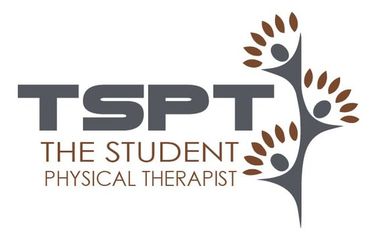
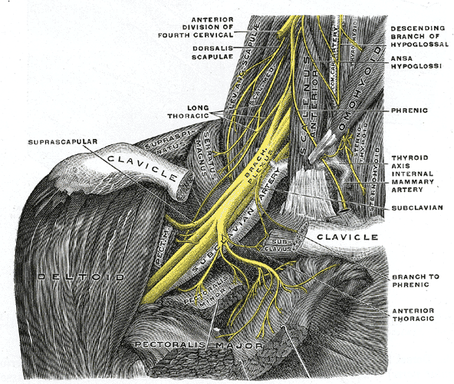
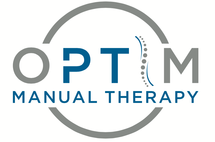


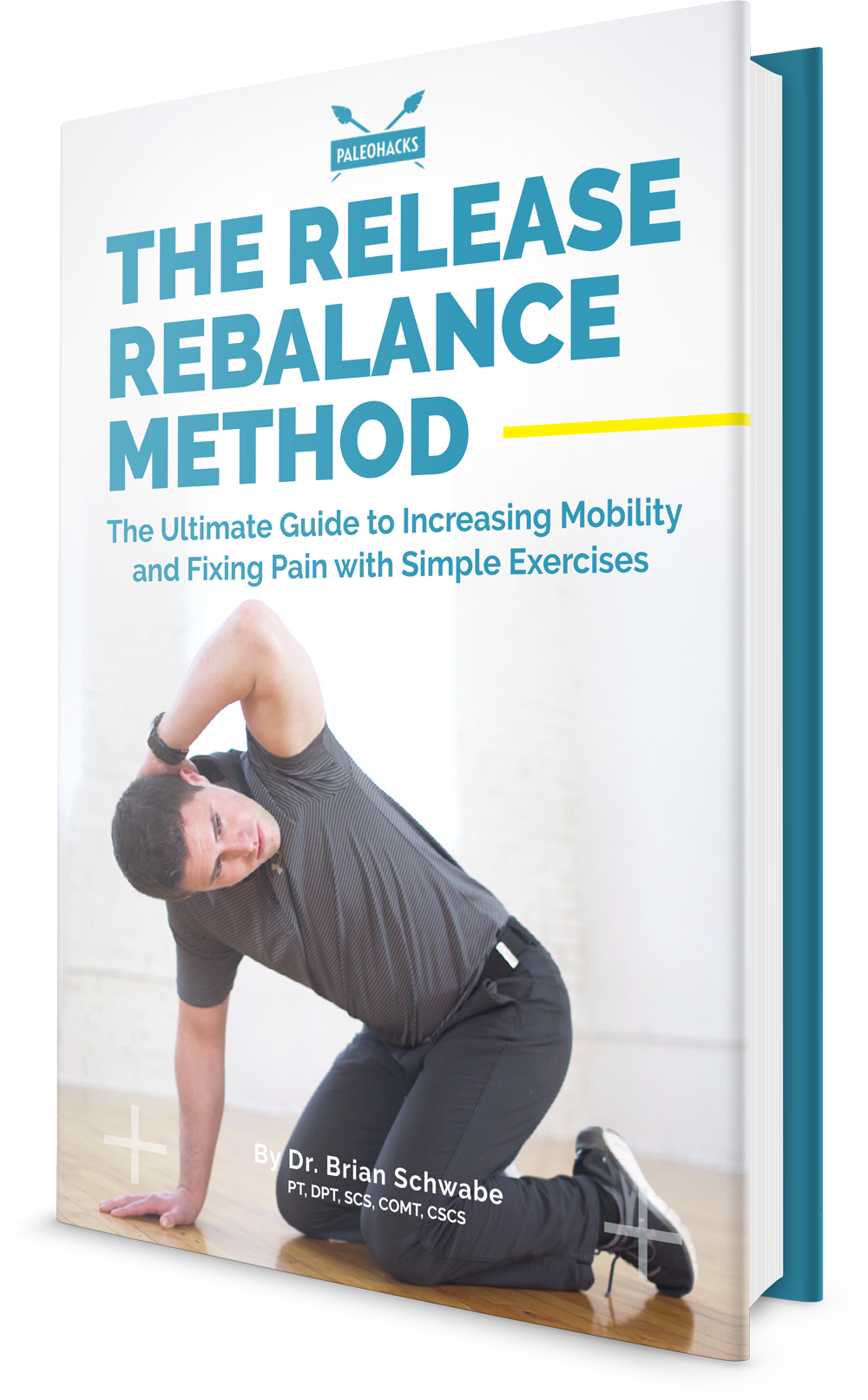
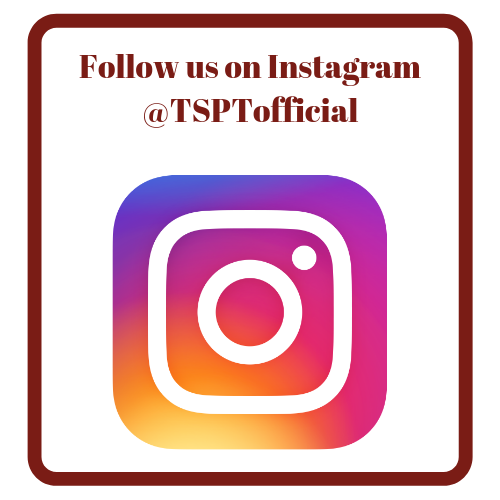


 RSS Feed
RSS Feed